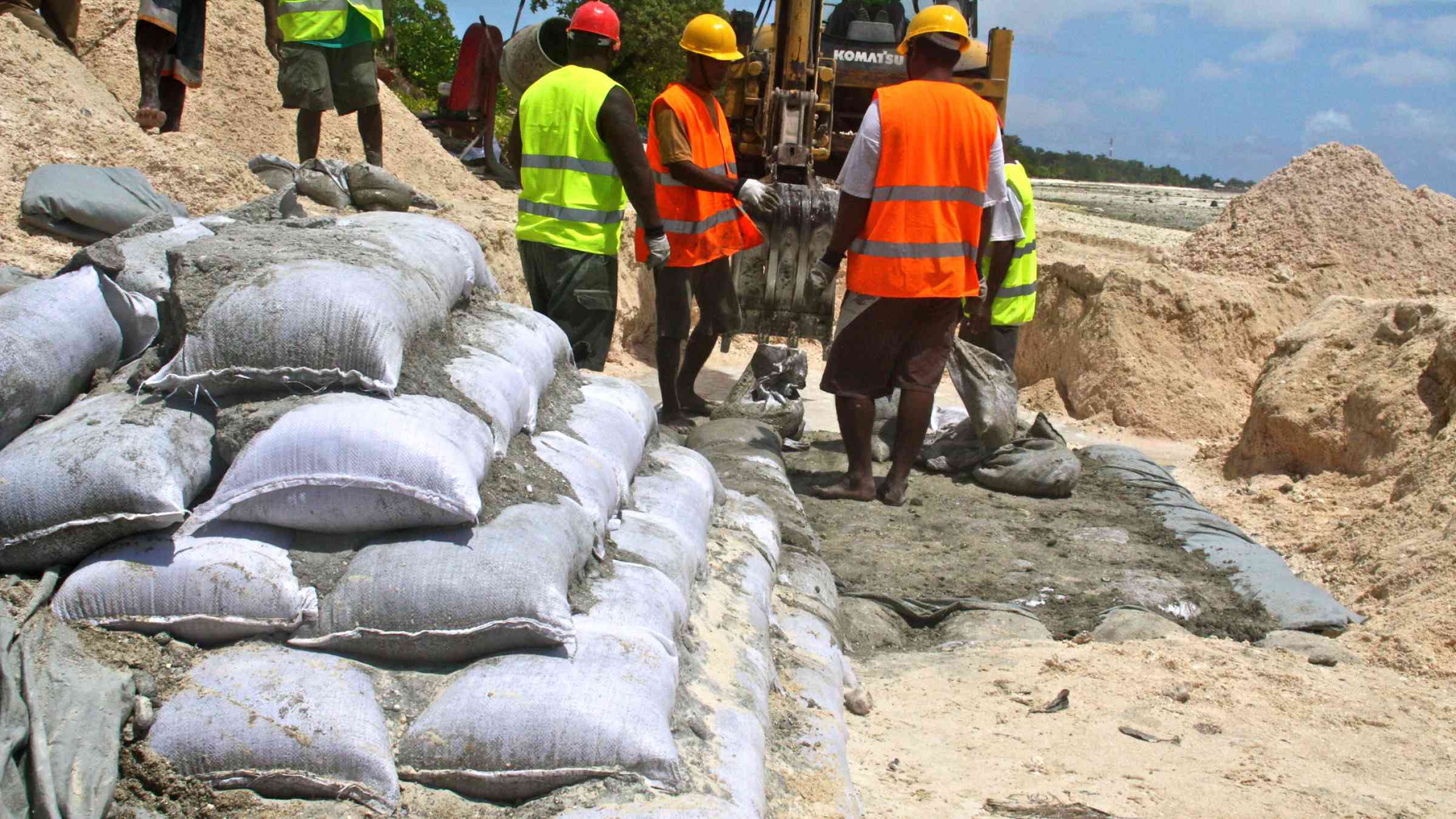Breaking the Silos – Towards multi-hazard, multi-sectoral approaches to managing risks
Strengthening resilience in the face of complex shocks requires transitioning away from treating hazards in isolation to recognizing the systemic nature of risk. Shocks typically cascade and compound in complex ways with broad social, economic, and environmental implications. A better understanding of the systemic and multi-sector nature of risk is essential for accelerating risk-informed action by governments, communities, and businesses.
This GP2022 Thematic Session will showcase emerging practices in multi-hazard, multi-sectoral approaches to risk assessment and risk governance.
This session will:
- Showcase good practice, use cases, and learnings from multi-hazard and multi-sector risk assessments conducted at regional, national, and sub-national levels.
- Advance the state-of-the-art of multi-hazard risk assessment by sharing methodologies, approaches and tools for scenario building, modelling, and predictive analytics for risk reduction.
- Promote ‘silos busters’ and advance multi-sectoral partnerships.
- Improve risk governance by accelerating cooperation to effectively manage inter-connected and systemic risks.
Moderator
- David Smith - Coordinator, Institute for Sustainable Development, The University of the West Indies
Speakers
- Olaf Neußner - Independent expert, German Committee for Disaster Reduction (DKKV)
- Nasreen Elzen - Civil / Water Resources Engineer, Ministry of Water Resources & Irrigation, Sudan
- Peter Binder - Director-General, MeteoSwiss
- Bijay Kumar - Executive Director, Global network of civil society organizations for disaster reduction (GNDR)
- Susana Juangco - Director, Office of Civil Defense, Philippines
Experience this event
Watch the session
Documents
Learn more
Join the session to learn more about the latest practices in multi-hazard and multi-sector risk assessments, established to meet the challenges emerging from increasingly interconnected and systemic risks.
Where do we stand?
A survey by the OECD highlighted that while many countries had strategies to manage risks in some critical infrastructure sectors, few map interdependencies across sectors and only half have the capacity to identify new, unforeseen and complex crises (OECD, 2018). The COVID-19 pandemic and climate crisis further underscore the need to address these shortcomings. The increasing frequency and scale of shocks calls for application of better risk analytics to guide and underpin national and sectoral plans, investments, and resilience building.
The Sendai Framework for Disaster Risk Reduction stipulates that the global community must come to terms with a new understanding of the dynamic nature of systemic risks. New structures are needed to govern risk in complex, adaptive systems and new tools for risk-informed decision making are required. Only with such approaches can human societies flourish amid uncertainty. Coming to terms with the limitations of a hazard-by-hazard view of risk management, the Sendai Framework encourages dialogue and action to refine, extend and enhance our ability to understand and manage systemic risks.
Member States, the UN system, and partners need to be better equipped to undertake multi-hazard and multi-sectoral risk assessments. More cross-sectoral collaboration is needed in order to move beyond linear risk analysis. Interconnected and systemic risk requires informed multi-stakeholder action.
Session guiding questions
- How can we transition from hazard-by-hazard risk assessments towards multi-hazard and multi-sectoral risk assessments?
- What lessons, good practices and use-cases can be distilled from emerging practices, and what approaches can be pointed to that have been effective in reducing aggregate risk and barriers across sectors?
- What does this transition to assessing multi-hazard, multi-sectoral and inter-connected risk mean for communities of practice in terms of building the state-of-the-art, ensuring the fitness of analytic tools and approaches, improving risk data and information ecosystems, and broader risk governance across institutions at multiple levels?

Agenda
Location
BNDCC 1-Ground Floor
Online access
Interpretation
AR, EN, FR, RU, ES, ZHDetails
Contact
Andrew Colin Spezowka, [email protected] Saira Ahmed, [email protected] Katarina Mouakkid Soltesova, [email protected]